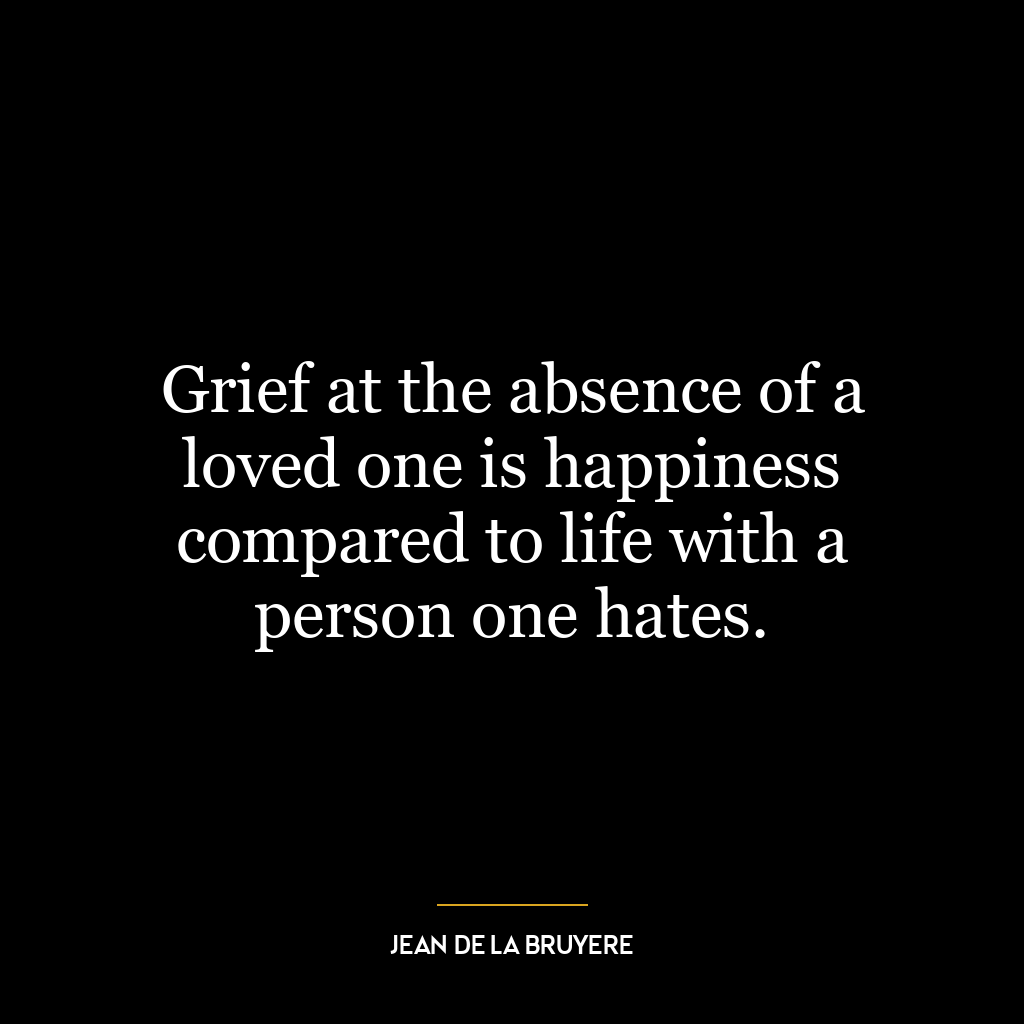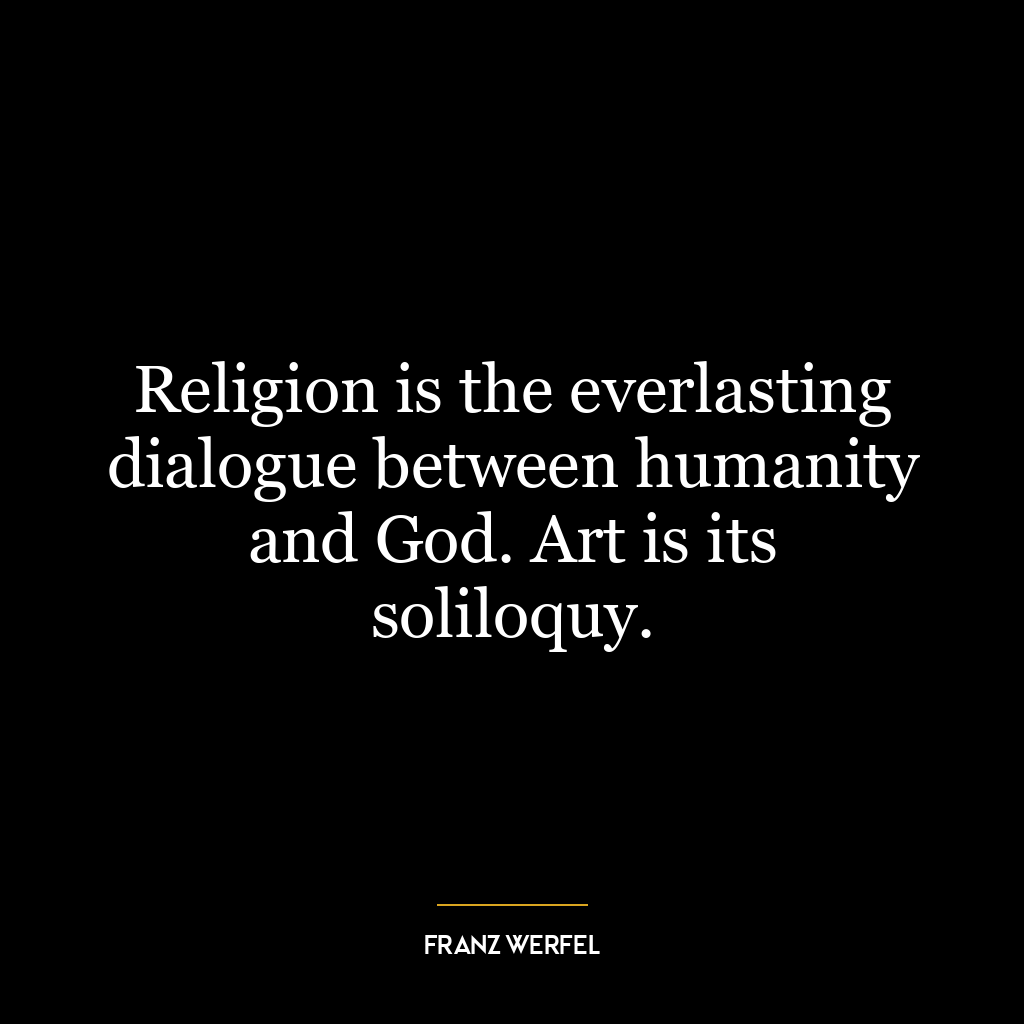Now God, who has made us, knows what we are and that our happiness lies in Him.
This quote suggests that God, as the creator of all beings, has a deep understanding of our nature and needs. It implies that our ultimate joy and satisfaction can only be found in Him, not in worldly possessions or achievements. This reflects the idea that spiritual fulfillment is more important than materialistic gains.
The phrase “knows what we are” underscores the belief that God knows us better than we know ourselves. He is aware of our strengths and weaknesses, hopes and dreams, fears and desires – even those aspects we may not fully comprehend or acknowledge. Consequently, God understands where true happiness lies for us – in a relationship with Him.
In terms of application to today’s world or personal development, this quote could suggest several things. Firstly, it could encourage individuals to seek happiness not just from external sources like wealth or status but also from their spiritual life. This might involve practices such as prayer, meditation or acts of service which foster a deeper connection with something greater than oneself.
Secondly, it might inspire people to trust in divine wisdom when they face challenges or uncertainties about their future direction in life. The belief that ‘God knows what we are’ can provide comfort during times of change or adversity by reminding individuals they are known and loved by an all-knowing deity who understands their potential for growth and happiness better than they do themselves.
Lastly, this quote might prompt individuals to reflect on their self-understanding – encouraging them to explore who they truly are beyond societal expectations or personal illusions – given the assertion that ‘God knows what we are’. By striving towards greater self-awareness aligned with divine knowledge about one’s true essence, people may find more authentic paths towards personal growth and fulfillment.








